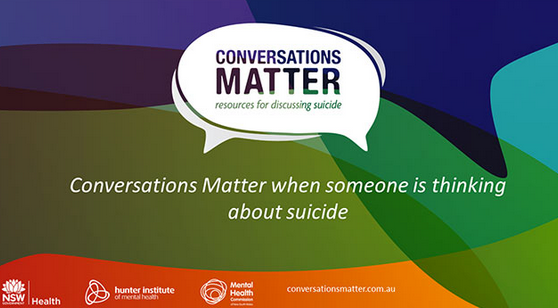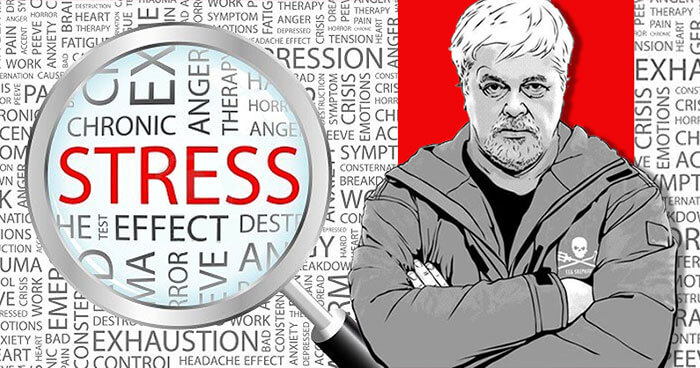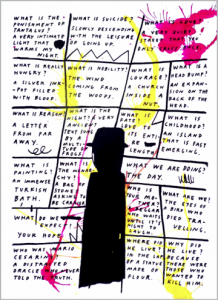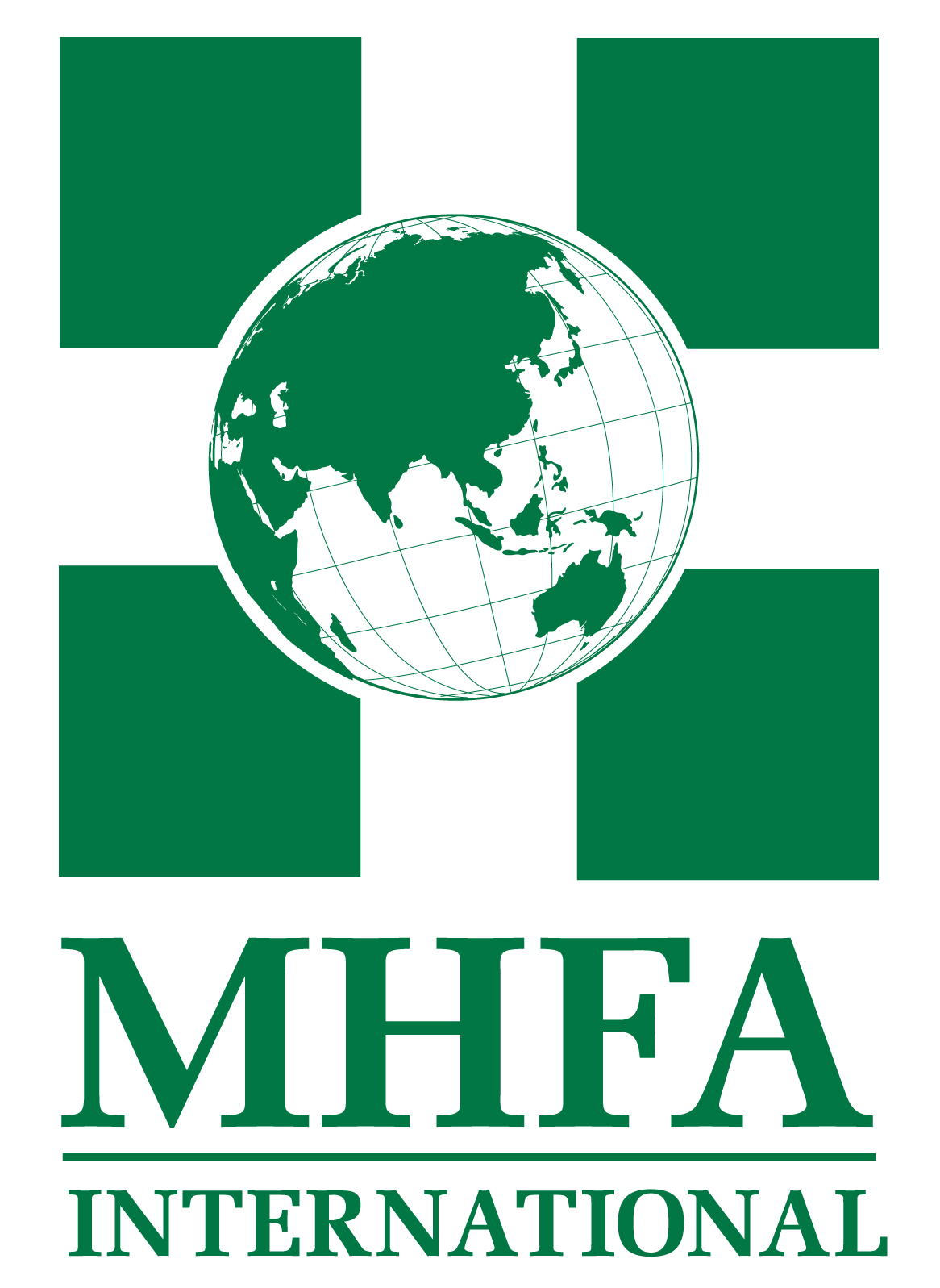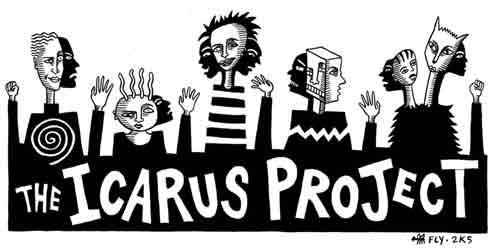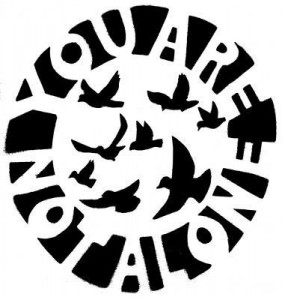
Some states of psychological distress can be more severe than others. Some might not require that you seek assistance from friends and/or health-care professionals, some can wait a little before you do, others are emergencies. Some might require medication, even hospitalization, others not necessarily or better not.
When / if your physical and mental integrity are critically at stake, you should seek competent assistance immediately (If you are a friend of such person, stay with them always and seek assistance ASAP). For example, you have been experiencing symptoms such as delusions, hallucinations, depersonalization (feeling of being unreal), you have attempted suicide, are thinking about it, or have engaged in other self harming/ dangerous behaviors. A variety of symptoms can come with psychological distress, affecting your overall state, from insomnia to lack of appetite, to apathy, agression, lack of enthousiasm, increased vulnerability to infections, memory loss and other forms of cognitive impairement, and more… Your need for outside help will of course depend on the intensity and chronicity of these manifestations (or the absence of thereof, for that matter). In any case, you should maybe start taking (extra) care of yourself.
Following are some advices for self-care (still valid even if someone else is also taking care of you) to go through such times, based upon my knowledge and experience with myself and others. Please bear in mind that I am NOT a doctor nor a psychology clinician. Like I said, if your symptoms are very intense and/or long going and your mental and physical integrity are at stake, you should seek competent assistance immediately.
For more informations about mental health and what to do in specific situations, you can also look for mental health care “educational” handouts that I have posted from specialized organizations (it can be a good idea to distribute them in your community).
Mental health first aid guidelines, by MHFA Australia
Mental health care handouts, from Icarus project.

SO, WHAT CAN YOU DO NOW TO HELP and CARE FOR YOURSELF IN TIMES OF PSYCHOLOGICAL DISTRESS ?
* NURTURE YOUR BODY, don’t let it down or put extra stress on it by neglecting your “vitals”. Make sure you get what you need in water, nutrients, sleep, rest / activity. Don’t tire your system more with junk food, excitants, alcohol. Re-install regular cycles for eating, sleeping… Wash. Change clothes. Get some fresh air and light. Get a massage. Use your senses, smell good smells, listen to good sounds. Get moving if you’ve only been resting, get some rest if you’ve only been running. If possible, don’t drop out of your favorite sport or hobby; that is of course, assuming you are eating, drinking water, sleeping, and that you have no injuries or disease (otherwise, physical activities might actually be harmful). In any case, don’t overdo it, your body is probably weaker. Also, in times of adversity, certain holistic disciplines (like yoga or others), practiced safely and softly, can reveal their core-lessons: your learn that you can carry yourself through life. If it has become impossible to look after yourself, consider moving in with someone nice whom you can be inspired by, and or having good people over (for example for meals), until you are able to take good care of yourself and/or taken care of by a professional.
* BE WISE ABOUT (FURTHER) ALTERING YOUR STATE OF CONSCIOUSNESS Consider strong psychological distress as an already altered state of consciousness, a painful one, with its own special chemistry. Maybe it is wiser not to fiddle with it more, at least without competent supervision. Avoid self-medication. Beware of alcohol. Remember what Bob Marley said ? Alcohol just gets you drunk man. Be wise with psychedelics: If you are unexperienced and/or without the supervision of someone who is (preferably not just in the recreative department), then you should maybe avoid them altogether (you can also look for psychoactives / psychedelik knowledge and wisdom through MAPS and/or Erowid resources). If you’re already with a habit of say, smoking pot or drinking, try not to do more, and beware of taking on a new habit you didn’t have before. Also, know that lack of sleep can play serious tricks on your mind too. Careful with sur-stimualtion of your intellect and senses. Get a rest once in a while from your computer (or other sources of mental input) and all it is feeding your burned-out-intellect with.
* IDENTIFY AND STOP SELF HARM. You are aching. You are vulnerable. With vicious logic, you might engage in behaviors that will, more or less directly and quickly, lead to more harm to yourself. Like what ? Like intoxicating yourself, not eating, over-eating, over spending, betting, taking stupid risks, cutting yourself, punching doors, being aggressive towards strangers, driving fast, not wearing a helmet, trusting the wrong persons, disclosing information, lying about your health, sabotaging or destroying your work etc. These behaviors will only make things worse. All aches will ache more eventually. You may be depressed, but if you don’t limit self-harm, then one morning you wake up and you still have a depression + liver damage + weight loss + infection + injuries + brand new addiction + no friends + your work has disappeared + god knows what. Disengage from this process.
* COME OUT about your psychological distress. Say how you are feeling, what your are going through, to your family and/or friends and/or co-workers, without ambiguity, in your own simple words, without minimizing nor exaggerating. You need not go into details, certainly not with everyone. What you want is to make sure that the persons around you and/or whom you trust, become aware that your condition is serious and that you are engaging in a process of taking extra care of yourself. If they are smart and they care about you, from then on they will not take you on crazy binge-drinking sessions on saturday nights, or drop pills down your throat screaming “you gonna be oookaay “. They will not say “I hear you”, then hand you a ten tons file to work on over the weekend. If they still do that after you’ve told them how you are, they might be ignorant/stupid and/or toxic to you, at least for now (see below): Make yourself clear once more and/or maybe avoid them…
* CAREFUL WITH THAT EXTRA LOAD OF WORK / DECLINE MORE RESPONSABILITIES ? Note -and make others note- that if you are not well, it could be irresponsible on your part to accept more responsabilities, especially when OTHER people depend on your good shape for their health and safety. Desist. Don’t raise the probability of “human-error” being made, it’s bad enough as an expression.
* ACCEPT GENUINE HELP from others, whether your know them well or not, when it comes your way. It can be that someone you didn’t think cared about you proposes to drive you somewhere you need to go. It can be a smile or a conversation with a stranger. Something warm, simple, gently destined to you. How do you know if a helping gesture is genuine and good for you ? You feel it, mostly. Of course it has a certain consistency with observable facts. As for feeling, you should feel more free, a little more alive, when you accept/receive the gesture coming from that person, not the contrary. You can know when a hand is lifting you up, or pushing you down. Trust your instinct. That said, beware of full-on saviors invading your life/privacy, especially if their personal life is a total mess !
* ACCEPT THAT HELP MIGHT NOT COME FROM WHERE YOU THOUGHT IT WOULD. We are all different, and all striving at times not to lose it. Your intense state of distress might be to hard to deal with for some, who will tend to protect themselves from it. And maybe they should, so respect that. Let them be, let go of any resentment or disappointment. Who knows, they might start providing help at other stages of the sometime long process of psychological recovery, they might help in ways you don’t recognize yet, they might not help at all. You’ll see if you can catch up with them later. DO KICK them out of your life, though, very far, if they start attacking you, being nasty or clearly disrespectful to you (see below “avoid toxic people”).
Know that when you start REDEFINING yourself, for example through therapy or even self-care, it is not unusual that your relationships, the world around you, start redefining themselves too. It can be an interesting, healthy, and pacific process, with familiar faces moving a bit afar and new faces entering your life. It is OK, it is often for the better, and it doesn’t mean the end of old good things/partnerships. Everyone gets an opportunity to change/update when you do (that they will or will not take, it’s not your call).
* SEEK GOOD COMPANY especially if being alone makes you more at risk of neglecting/hurting yourself. Ask if you can stay with someone close and/or have someone stay over and/or come for meals with you (that will make it easier to actually think about eating). Surround yourself with good harmonious lovely loving beings, inspiring, talented, and caring. Yes, some persons have all qualities and some of them are even your friends. Rub your face in these friendships. Tell them you love them.
* AVOID TOXIC PEOPLE.
I have already mentionned above the full-on savior-invader with fucked-up personal life, well, that’s one type of toxic people. There are plenty. They feed on you, they parasite or pollute you, they irritate, manipulate, exhaust or confuse you, or they make you feel like shit when you’re trying to feel better. Generally, you recognize that someone is kind of toxic to you when you feel somehow worse after they’ve “helped” you or after you’ve been with them than before. And maybe they, on the contrary, strangely look all pumped up, kind of invigorated, by your torments…
* IMPROVE / CARE FOR YOUR IMMEDIATE SURROUNDINGS/ HOME: Keep or make a clean, tidy home. Take the trash out. Open the windows once in a while, let light and air in. Have distinct spaces for distinct activities, if possible (if not possible, you can invent some sort of code/ritual to transition between space/activities). Remember what grandma said: You make the bed you wake up in. You don’t need to master Feng-shui or even “believe” in it to understand that a certain state of things in the house creates a certain flow, a certain circulation, a certain vibe, around the house, around you, that will both reflect and affect you, that will “attract” certain situations, thoughts, feelings, more than others. Well, you know what to do. Help yourself, materialize well.
* PROJECT YOURSELF, VALUE LIFE. You like what you do ? If you don’t like what you’re doing with your life well then, no wonder you are distressed… Maybe it should be the first thing you consider changing ?! But let’s assume you really like what you do, and maybe that you are even very good at it, and maybe that you know it is very important for others – You want to be able to keep doing it, right ? As best as possible ? Is that very clear to you ? I repeat, is that very clear to you ?
* BE COURAGEOUS ! Yes, it takes a load of courage, patience and dedication to get oneself through a crisis, and grow from it. And your own demons and weaknesses can be real hard to face. But guess what, once you start doing that, caring for yourself, you will have plenty more energy free to fight other fights. You will become able to help others better, and maybe in more ways, both simple and sophisticated ways. Remember : COURAGE IS CONTAGIOUS. Help yourself, help others.

(This article was reviewed 06/05 by a friend qualified psychotherapist – It was not changed after except the section avoid toxic people was just shortened a bit not to inspire too much “paranoid” feelings – THANK YOU/HER)
Art ©Michelle Blade – gathering into being

